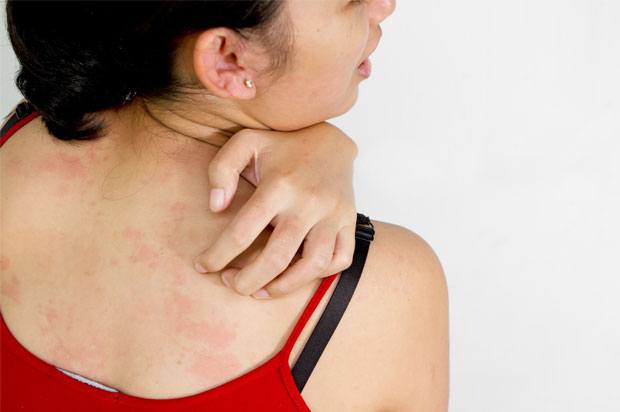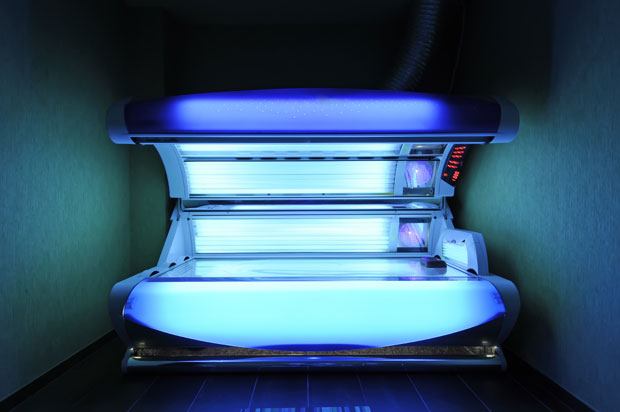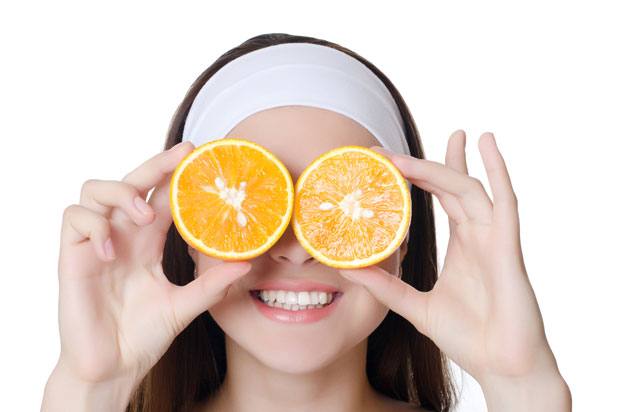Eczema

What is eczema?
Itchy rash? Scaly patches on your skin? Here’s The Mix’s guide to eczema, including how to cope with it on your hands and face, whether using sunbeds for eczema works, and what causes it in the first place.
What is eczema?
The word eczema means ‘to boil’. It describes an inflammation of the skin that can cause dryness and intense itching. Eczema is not contagious, but it does affect up to 10% of the population. There are many types of eczema. Some are more common than others:
- Atopic eczema is most common among young children, but in some cases the condition can last into adulthood. Symptoms include overall dryness and itchiness of the skin. Sometimes associated with allergies.
- Seborrhoeic eczema is more common in young adults and affects oily areas of the body like the scalp, face, groin and chest.
- Discoid eczema appears as inflamed circular patches, usually on the back of the hands or legs.
- Contact eczema occurs when the skin is sensitive to particular substances. Exposure to soaps and detergent can cause irritant eczema, while a reaction against material such as rubber or chrome is often responsible for allergic eczema.
- Pompholyx (dyshidrotic eczema) causes tiny blisters to develop across the fingers, palms of the hands and sometimes the soles of the feet.
Eczema causes
Unfortunately, there’s no straightforward answer when it comes to what causes this particular skin condition. The immune system is a complex thing, and eczema can be triggered by a combination of immune system activation, genetics, environmental triggers and stress.
If you have eczema, your immune system overreacts to small irritants or allergens, and this overreaction is what inflames your skin.
How to cope
- Keep itching to a minimum with regular application of moisturising and emollient creams. This ‘traps’ water in the skin, and prevents it from drying out.
- Topical steroids to soothe eczema flare-ups are also available on prescription, as are antibiotics for cases where the affected skin has become infected.
- Go for natural cotton bedding and clothing, as synthetic material can aggravate eczema.
- Stress and worry can make the condition worse. Learn to keep on top of your emotions, by talking about your feelings when they threaten to get out of hand.
- Make sure friends and family know the facts about living with eczema. The more they understand about the condition, the easier it’ll be on you.
- Many types of eczema actually improve with warmth and sunshine. However, those with irritated skin should take extra care in their choice of sun protection, using a lotion-based sunscreen with a sun-protection factor of 15 or above.
Eczema treatment
One of the most common things a doctor might recommend is a type of steroid called hydrocortisone. There is a variety of corticosteroid eczema creams, solutions, gels, foams, and ointments which are all made with hydrocortisone steroids and can quickly relieve itching and reduce inflammation.
While seeking medical advice should be your first port of call with eczema, many people find that eliminating certain foods from their diet can help. According to ‘The Journal of Allergy and Clinical Immunology: In Practice study’, the most common triggers for 183 study participants were milk (57.5 percent), eggs (30.6 percent), and soy (21 percent).
Eczema on hands
Aside from the aforementioned over-the-counter steroid-based treatments, emollients provide a lot of relief for people with eczema. They should be used frequently throughout the day (even when you’re not having a flare-up) to keep the skin moist and prevent it from drying out.
Wearing gloves to lower the chance your hands will interact with any irritants might also help, particularly if you’re regularly using emollients, too. Even when the eczema has cleared, the hands can remain very sensitive, so ‘double gloving’ (a term we just invented) with cotton gloves within rubber gloves might be helpful if you’re cleaning the house or something similar.
Eczema on face
If you have a breakout on your face, aside from following your doctor’s advice (particularly because they should be able to diagnose what type of eczema you have), it’s worth noting that makeup can make your symptoms worse.
Along with keeping well moisturised with emollients and using any other topical treatment recommended by your doctor, you should also avoid overly hot showers if you have eczema.
Using sunbeds for eczema
Getting more sunlight does help some people with eczema, but for others it makes the condition worse, particularly if heat and/or sweat are common triggers for you.
Unfortunately, using sunbeds for eczema is no silver bullet either, but research has shown that exposure to UV light may help reduce skin inflammation, thereby alleviating some of the dryness, itching, and rash that characterise eczema.
One of the newer treatments for eczema is known as phototherapy. Now available on the NHS, it involves exposing the skin to UV light to help reduce the symptoms of eczema. It is extremely important to note, however, that UV light, whether from the sun, a tanning bed, or your primary care provider, can damage the DNA and cause cancer.
Perhaps the most important thing we get from actual sunlight (which we don’t get from sunbeds) is vitamin D, which most people in the cooler northern hemisphere should probably be supplementing with, anyway. Vitamin D is an important part of immune function, and many people find that taking it with food can improve their eczema symptoms.
Hopefully we’ve given you a few useful pointers to alleviate your eczema symptoms, and it’s important to remember when you’re having a bad flare-up that things can certainly get better, and you won’t be stuck that way forever. Many people find their symptoms improve massively as they get older, without a specific treatment or intervention.
Photo with woman with eczema on her back by Shutterstock.
Next Steps
- Chat about this subject on our Discussion Boards.
By The Mix Staff
Updated on 09-Nov-2022
No featured article








